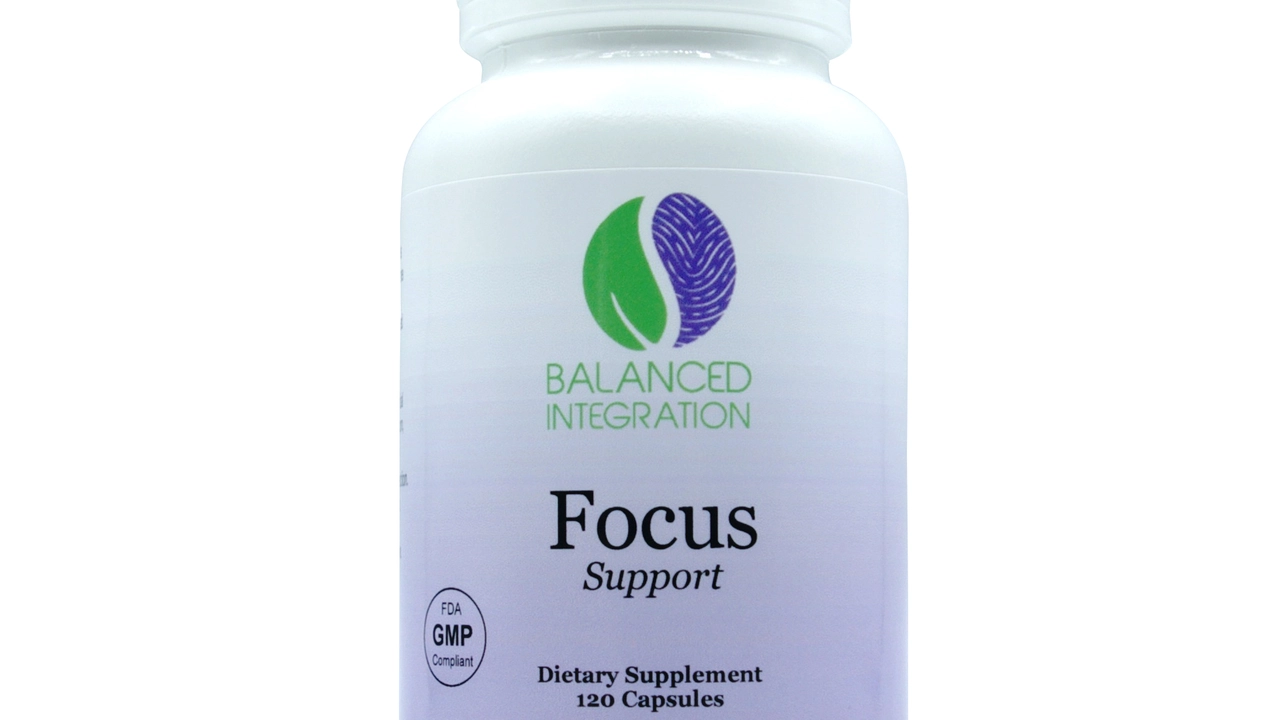Must-Have Supplement: What to Keep in Your Medicine Cabinet
Most people could benefit from one or two basic supplements, but which ones actually matter? Instead of buying whatever's trendy, focus on purpose, quality, and safety. This short guide helps you pick practical, evidence-backed options and avoid common pitfalls.
What to look for when choosing a supplement
First, ask why you want the supplement. Is it for energy, better sleep, digestion, or to fill a nutrient gap? Pick a clear goal. Second, check product quality: look for third-party testing seals (USP, NSF, or similar) and transparent ingredient lists. Third, consider dose and form — magnesium citrate acts differently from magnesium oxide, for example. Finally, think about interactions. Supplements can change how prescription meds work, so mention any new supplement to your healthcare provider.
Label claims like "clinically proven" mean little without details. Search for simple evidence: a few good human studies, not just lab tests. If the company links to studies, read the summary or ask your pharmacist for a quick look.
Practical picks and quick tips
Here are common, useful options many people consider must-haves:
- Vitamin D: Often low in people who don’t get much sun. It supports bone health and immune function. Get your level checked before starting high doses.
- Omega-3 (EPA/DHA): Helpful for heart and brain support. Choose fish oil with purity testing. Vegetarian options use algae oil.
- Magnesium: Useful for muscle cramps, sleep support, and general relaxation. Try magnesium citrate or glycinate for better absorption.
- Probiotics: Helpful if you’ve recently taken antibiotics or have regular digestive issues. Pick strains backed by research for your symptom.
- Zinc or Vitamin C: Short-term use can help when you have a cold, but don’t take high doses long term without advice.
Two less-obvious picks you’ll see covered in our articles: Chinese Mallow — a traditional herb many people add for digestion and mild immune support — and Androstenediol, which some use to support strength and stamina. Both deserve careful reading: Chinese Mallow is a gentle herbal option for some; Androstenediol affects hormones and should only be used with medical guidance. Our site has deeper articles on both if you want the details.
Buy smart: check expiration dates, avoid mega-dose blends that include dozens of ingredients you don’t need, and prefer powders or capsules without fillers if you have sensitivities. And remember: food-first is the best approach. Supplements fill gaps, not replace healthy eating.
Final tip — try one change at a time. Add a single supplement for 6–8 weeks and watch how you feel. If you notice benefit and no side effects, you’ve found a worthwhile addition. If not, stop and reassess with a pro.
Why Buttercup Dietary Supplement is Your New Must-Have for a Balanced and Nourishing Lifestyle
In my quest to lead a balanced and nourishing lifestyle, I've found Buttercup Dietary Supplement to be my new essential. This powerhouse product is packed with nutrients and vitamins that our bodies need to function optimally. It's more than just a supplement, it's a game-changer that boosts overall health, improving our energy levels, strengthening the immune system, and supporting mental clarity. If you're on a journey towards a healthier lifestyle, Buttercup Dietary Supplement should definitely be on your radar. Trust me, your body will thank you.






